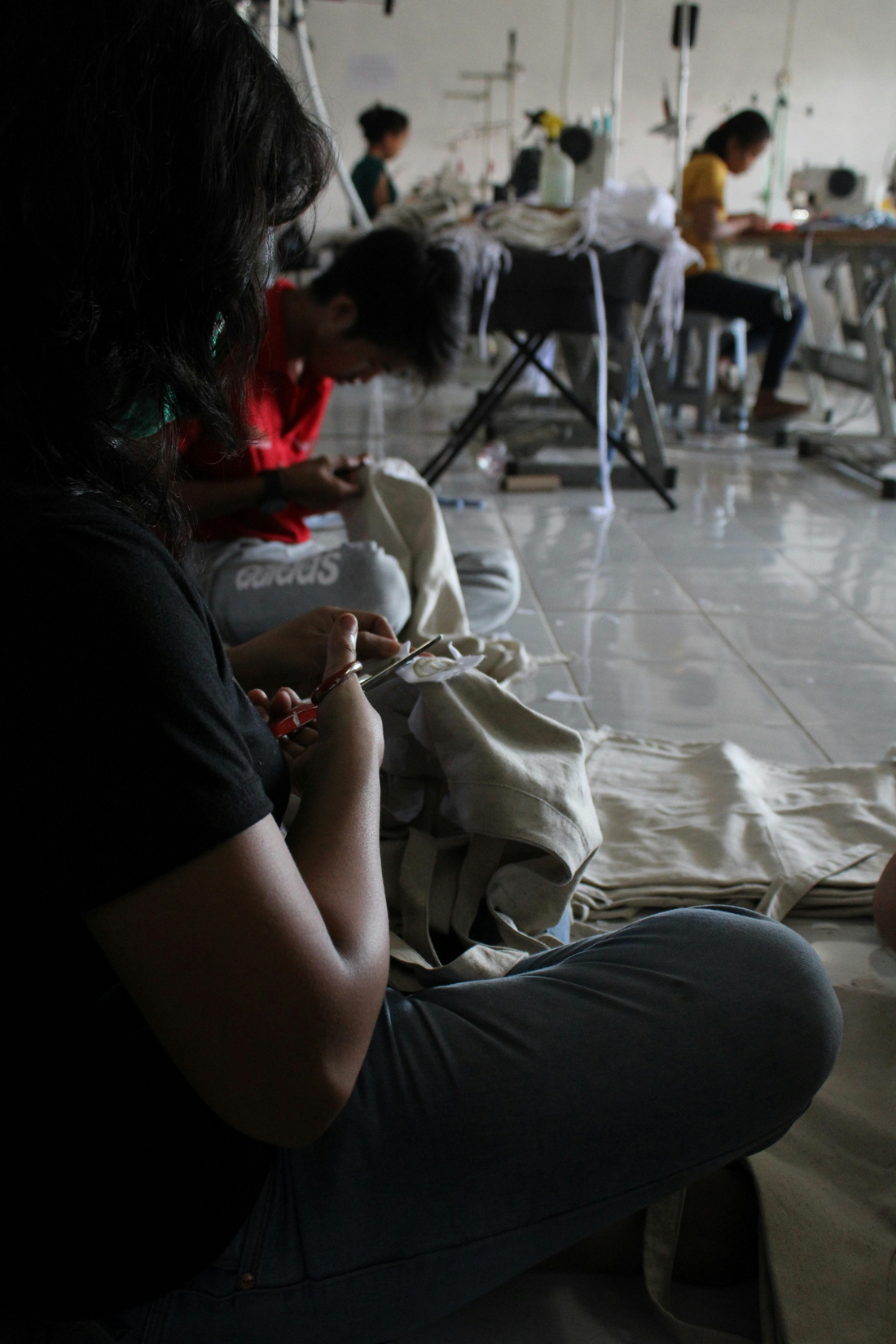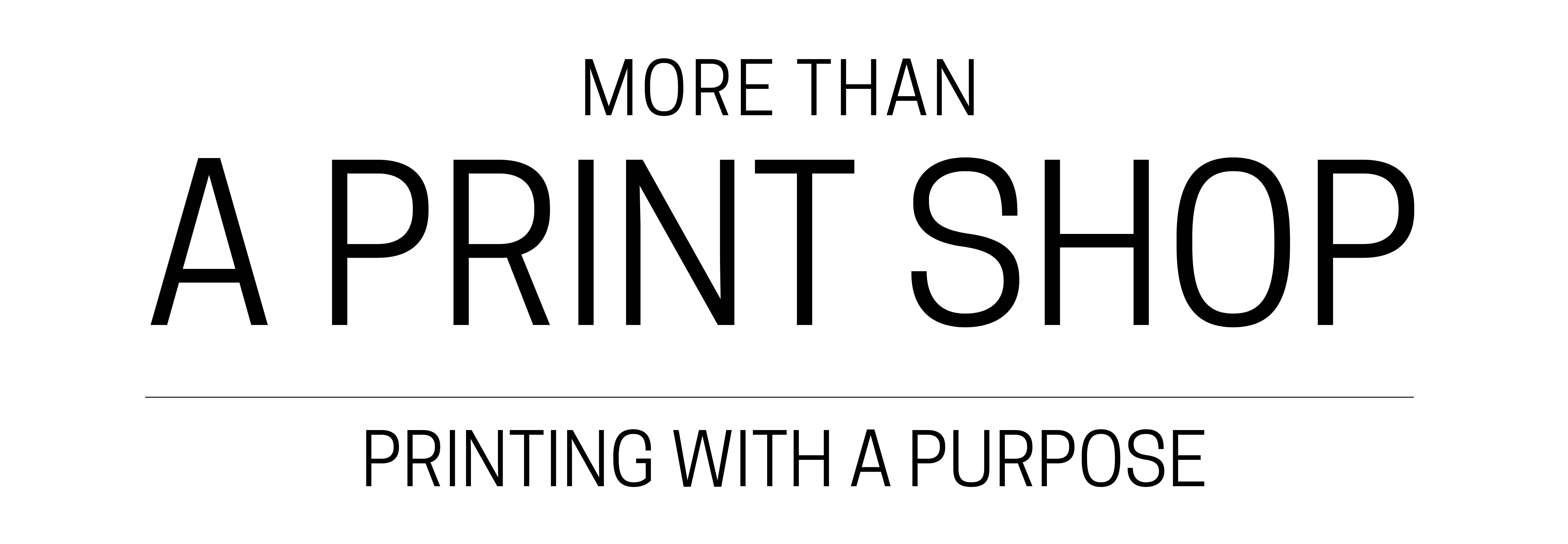In today's world, where consumer awareness and ethical consciousness are on the rise, the debate between ethically made garments and those produced in sweatshops has gained significant traction. Consumers are becoming more and more aware of the differences in the production process, safety and well being of workers in ethical factories versus sweat shops. But beyond the ethical considerations, one aspect that often gets overlooked is the stark difference in quality between these two production methods. Let's delve into this critical comparison to understand why investing in ethically made garments not only aligns with moral values but also ensures superior quality.
Craftsmanship and Attention to Detail:
Ethically made garments are crafted with meticulous attention to detail and superior craftsmanship. Skilled artisans often work on these pieces, utilizing traditional techniques and quality materials. Each stitch is carefully placed, resulting in a garment that not only looks exquisite but also lasts longer. In contrast, garments produced in sweatshops are often hastily assembled by underpaid and overworked laborers, leading to inconsistent stitching, loose threads, and overall poor construction. The lack of attention to detail is evident in the final product, with flaws that compromise both appearance and durability.
Material Selection and Durability:
Ethically made garments prioritize the use of high-quality materials sourced sustainably. Whether it's organic cotton, ethically sourced wool, or eco-friendly alternatives, these materials are chosen for their durability, comfort, and minimal environmental impact. On the other hand, sweatshop-produced garments often cut corners by opting for cheap, inferior materials that not only compromise the garment's quality but also contribute to environmental degradation. The result is clothing that fades, pills, and falls apart after minimal wear and washing, ultimately leading to more frequent replacements and increased waste.
Fair Labor Practices and Employee Well-being:
Beyond the tangible aspects of quality, the production process itself significantly impacts the quality of life for workers. Ethically made garments are manufactured in facilities that prioritize fair labor practices, ensuring safe working conditions, fair wages, and opportunities for personal and professional development. When workers are treated with dignity and respect, they are more motivated to produce high-quality garments. In contrast, sweatshop production perpetuates exploitation, with workers subjected to long hours, low wages, and hazardous working environments. This exploitation not only compromises the quality of the garments but also perpetuates a cycle of poverty and inequality.
Brand Reputation and Consumer Perception:
Investing in ethically made garments not only reflects individual values but also contributes to building a positive brand reputation. Companies that prioritize ethical production are viewed favorably by consumers who appreciate transparency, sustainability, and social responsibility. On the other hand, brands associated with sweatshop labor often face backlash and boycotts, damaging their reputation and eroding consumer trust. In today's interconnected world, where information spreads rapidly through social media and online platforms, brands can no longer afford to ignore the ethical implications of their production methods.
The difference in quality between ethically made garments and those produced in sweatshops is undeniable. Ethically made garments boast superior craftsmanship, durability, and material quality, reflecting a commitment to sustainability, fairness, and social responsibility. By choosing ethically made garments, consumers not only support a more just and equitable fashion industry but also enjoy clothing that embodies excellence in both design and construction. It's time to shift our focus from fast fashion to ethical fashion, where quality and conscience go hand in hand.

